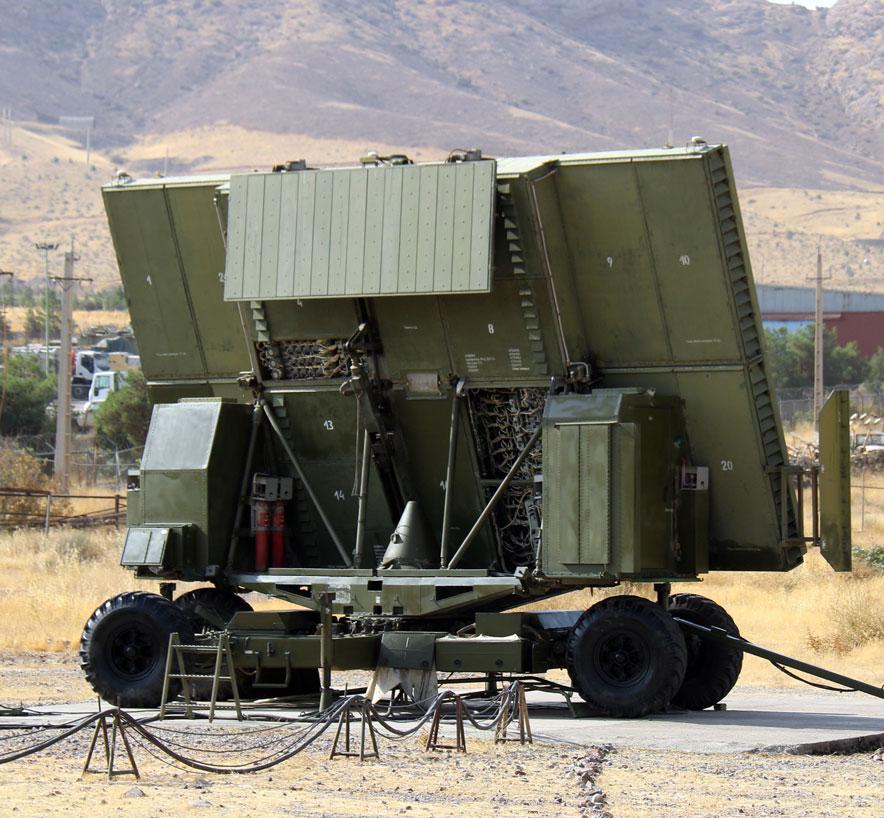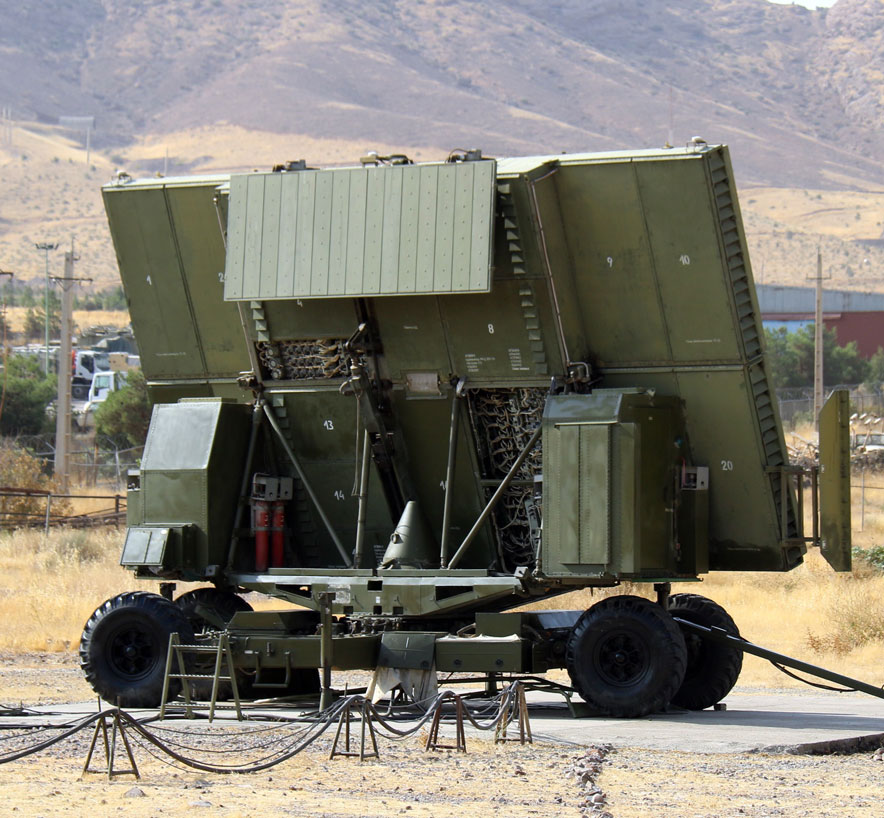Iran unveils 'overhauled' air defence system
TEHRAN - Iran unveiled a new air defence system on Saturday it says is capable of detecting missiles and drones at a range of 400 kilometres (250 miles), ISNA news agency reported.
The "Falagh" is a locally overhauled version of the imported "Gamma" surveillance radar, the semi-official news agency said, in an apparent reference to a Russian-made system of that name.
It had been inoperable due to "sanctions, lack of spare parts and the inability of foreign engineers to carry out repairs", it added.
Western military analysts say Iran often exaggerates its weapons capabilities, though the United States has repeatedly stated its concerns about the Islamic Republic's long-range ballistic missile programme.
The unveiling comes at a time of rising tensions with the US, which have escalated ever since US President Donald Trump withdrew from a 2015 nuclear deal with Iran and reimposed sanctions.
Iran shot down a US Global Hawk drone with a surface-to-air missile in June for allegedly violating its airspace, which the United States denies.
"This radar is capable of identifying and finding all types of cruise missiles, stealth aircraft, drone systems and also ballistic missiles within a 400-kilometre range," ISNA quoted army air defence force chief Brigadier General Alireza Sabahi-Fard as saying during the unveiling ceremony.
The Falagh was also capable of connecting to the Islamic republic's air defence network and completing the coverage of the S-300 missile system it acquired from Russia, the news agency said.
Iran installed the S-300 system in March 2016 following several years of delay after a nuclear agreement reached with world powers allowed the lifting of international sanctions.
US President Donald Trump reimposed sanctions on Tehran after pulling out of the nuclear deal, which its other signatories are struggling to maintain as Washington also lobbies to establish a maritime security coalition to safeguard shipping in the Gulf in a related standoff with Iran over oil supplies.



